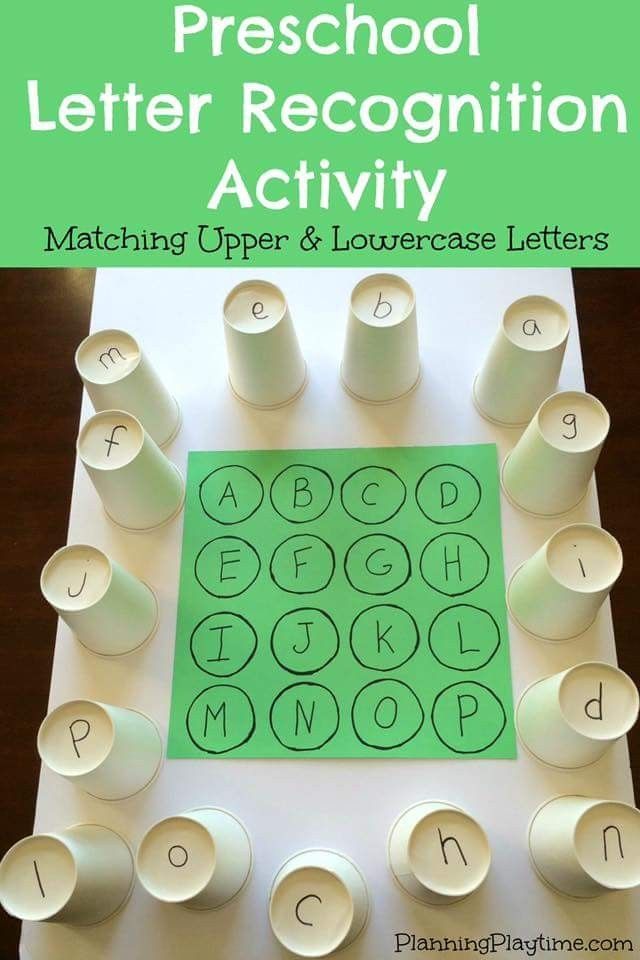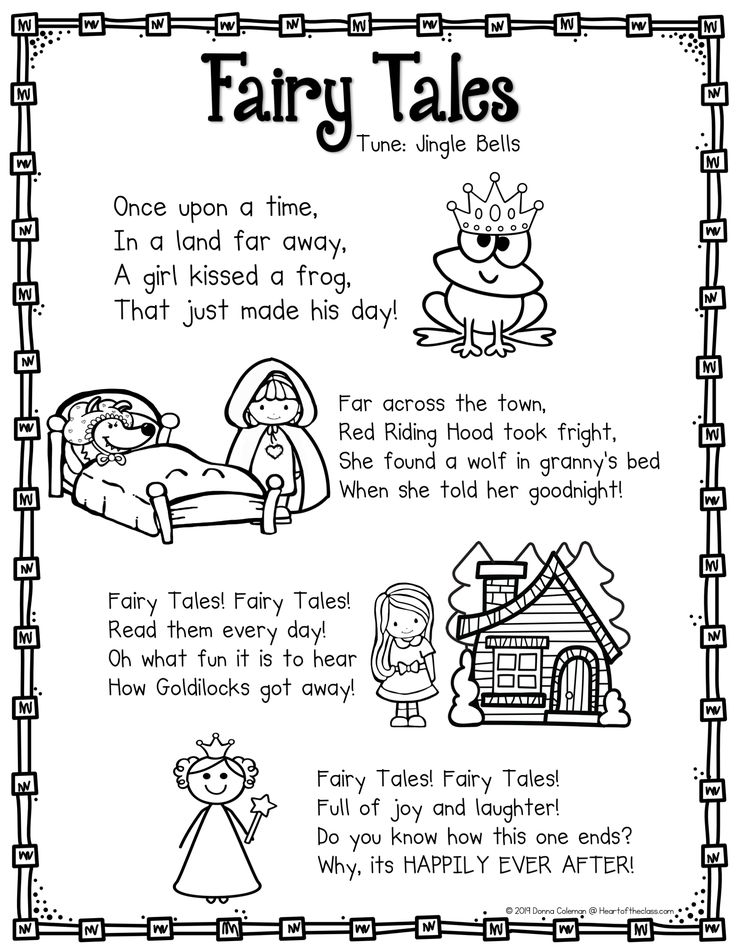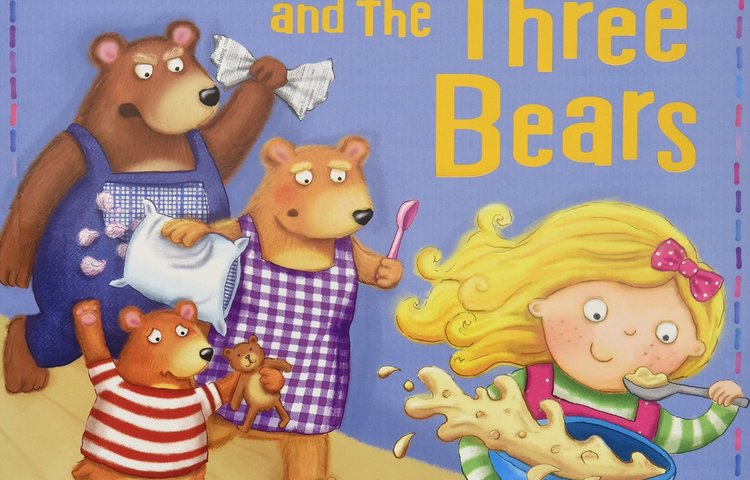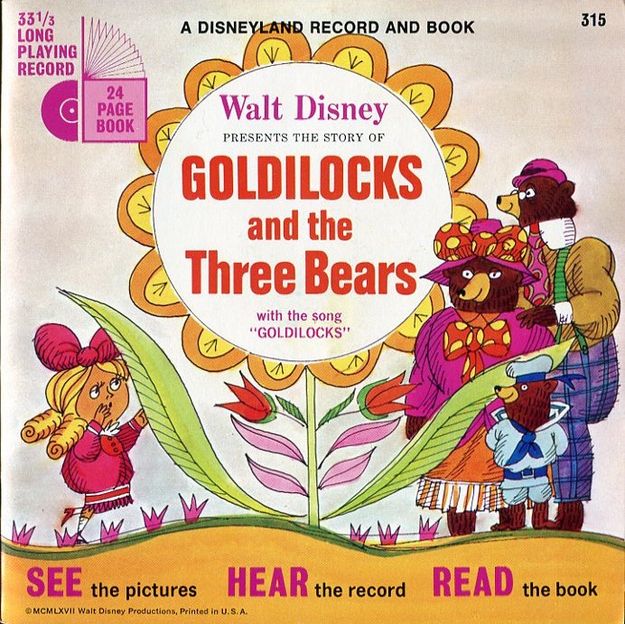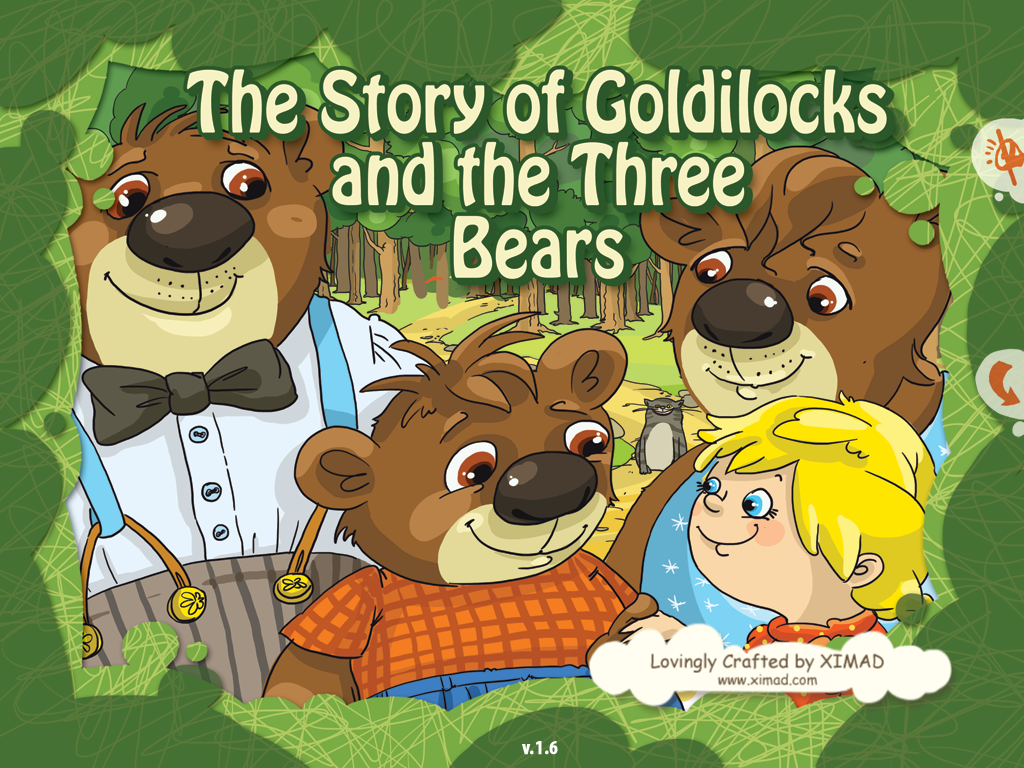The three bear song
"The Three Bears" Song — LanGo Institute
Learning a language through music is an excellent idea for many reasons. First, music is sticky! Ever had an "earworm", i.e., a song stuck in your head? We all have! That's because music sticks in your brain. The repetition of words and phrases accompanied by a catchy tune can be the perfect formula for learning new vocabulary in a way that’s not only fun but also memorable. Second, music is portable! Once you have a song committed to memory, you can recall it and hum or sing it anytime. Finally, learning language through music gives you valuable context for new vocabulary and how it's used in real life situations. After all, learning a bunch of words won’t help you actually do things in your target language if you don’t know when and how to use them.
To learn language through music, we recommend the following steps:
Find a song in your target language that you really enjoy.
Listen to the song a few times while reading the transliterated or romanized lyrics.
Break the song down into manageable chunks and figure out the meanings of all the words by looking them up in a language dictionary, or by asking your language teacher or a native speaker.
Actively listen to the song, paying close attention to the words, pronunciation and cadence of the lyrics.
SING! Once you've practiced the pronunciation and understand the meaning of lyrics, don't just listen... sing! Just like the best way to learn a language is to speak it, the best way to learn the song is to sing it.
On the blog today, we highlight the popular Korean children's song 곰 세 마리 (gom se ma-ri) ‘The Three Bears’ as a fun example of how to learn and practice a target language through music. The song comes from the story of “Goldilocks and the Three Bears” and is often taught to Korean children along with its accompanying dance motions (see the video linked at the end of this post). Many Korean drama fans will also remember that it was featured on the KBS drama sitcom 풀하우스 Full House (see below).
We first present the Korean lyrics and the romanization, before providing the meanings of the words and the English translation. So let's look at (and sing) this super fun, super catchy K-song together!
"The Three Bears" 곰 세 마리 (gom se ma-ri)
Korean lyrics
곰 세 마리가 한 집에 있어
아빠 곰, 엄마 곰, 아기 곰!
아빠 곰은 뚱뚱해
엄마 곰은 날씬해
아기 곰은 너무 귀여워
으쓱! 으쓱!* 잘한다!
*Note: Some versions of the song use 히쭉! 히쭉! (hi-jjuk hi-jjuk) 'heehee' (the sound of giggling) here instead.
Romanization
gom sae ma-ri-ga han ji-be iss-eo
a-ppa gom, eom-ma gom, a-gi gom!
a-ppa gom-eun ttung-ttung -hae
eom-ma gom-eun nal-ssin-hae
a-gi gom-eun neo-mu gi-yeo-wo
eu-sseuk! eu-sseuk! jal-ran-da!
Vocabulary
세: three (Note: 셋 is the basic counting form for three in the Sino-Korean number system, and 세 is an allomorph of 셋 that occurs in open syllables. )
)
마리: counting word for animals
한: one
집: house
~에 있어: is at some place
아빠: daddy
엄마: mommy
애기: baby (Note: 아기 is the most common word, but many people also say 애기)
뚱뚱해: be fat
날씬해: be slim
너무: too much, a lot
귀여워: cute
으쓱으쓱 : the sound of moving one's shoulders up and down (i.e., shrugging) as part of a dance move
잘한다: good job, lit. ‘well done’
English translation
There are three bears in a house
Daddy bear, Mommy bear, Baby bear!
Daddy bear is fat
Mommy bear is slim
Baby bear is too cute
Shrug! Shrug! <<the sound of the baby dancing>> Good job!
Got the hang of the pronunciation and the vocabulary? Now try singing the song in Korean and adding these adorable dance moves!
Check out the recent post on our Instagram and Facebook to see a video of our awesome Beginner I Korean students singing and dancing to this song!
|
|
|||||
history, interesting facts, text, content
A song about bears
Shurik's New Adventures. The composition quickly won popular love, but few people know that the director had very strong doubts about this work and even wanted to turn to another author for writing music. Let's remember what a difficult path the famous song from the "Prisoner of the Caucasus" had to go through and find out who convinced Gaidai to leave it in the film.
Let's remember what a difficult path the famous song from the "Prisoner of the Caucasus" had to go through and find out who convinced Gaidai to leave it in the film.
Read the history of the creation of " Songs about Bears ", as well as interesting facts, text and content of the composition on our page.
A Brief History
Filming began in 1966, only a year after the resounding success of Operation Y. In his new picture, Leonid Iovich wanted to hear only two songs: one performed by the character Yuri Nikulin, and the second from the heroine Natalya Varley. The director invited the composer Alexander Zatsepin and the poet Leonid Derbenev to work on them. Years later, the Zatsepin-Derbenev creative alliance would finally take hold and give the domestic film industry such wonderful hits as " Island of bad luck ", "Help me", " The January blizzard is ringing ", " There is only a moment " and many others.
Gaidai did not set easy tasks for the composer: the famous director demanded from Alexander Sergeevich nothing less than a popular hit. Zatsepin wrote five melodies and sent them for consideration with the addition “ Melody No. 3 is what we need, it’s better if I don’t write anything” . The author also added that if "No. 3" does not work, you should contact the famous Soviet composer Arno Babajanyan. Gaidai politely replied that the melody was not bad, but it was really better for him to invite Babajanyan.
Zatsepin went to Mosfilm to make a film, but Ivan Pyryev prevented this. The famous film director simply refused to sign the composer's resignation, which slightly angered Gaidai. In the meantime, the “kunaks” Vitsin, Nikulin and Morgunov managed to listen to the song. The famous trinity liked the composition, and they also began to convince the director to leave it in the film. Under the onslaught of the "majority" Leonid Iovich agreed, although not immediately.
The text of "Songs about Bears" also caused Gaidai's doubts - well, why in such a "summer" comedy are there poems about the inhabitants of the Arctic? In addition, the director did not like the line “bears rubbed their backs”, which was slightly corrected in the final version.
The only thing left to do was to find a singer who would perform the composition in the frame (Varley provided the director with her recording, but she did not quite suit the master). The task again fell on the shoulders of Zatsepin, who, without thinking twice, invited the familiar singer Aida Vedischeva. As a result, it was her voice that sounded from the screens.
Interesting facts
- “A song about bears” began to play throughout the country before the film hit the screens - shortly before the premiere, composer Alexander Zatsepin sent the recording to several radio stations.
- In 2011, Natalya Varley performed the composition on the air of the TV program “Property of the Republic”.

- A new version of the song can also be heard in the 2014 remake of Prisoner of the Caucasus.
- The composition has been re-sung many times by popular Russian pop stars: Alsou, Alena Sviridova, Victoria Daineko and others.
- The genre of the "Prisoner of the Caucasus" is an eccentric comedy. According to critics, Gaidai in this film used techniques from the silent films of the times of Harold Lloyd and Charlie Chaplin.
- Zatsepin recorded not only music for the famous film, but also background noises and other sound design. In his work, the composer used both various whistles and rattles, as well as more specific items like a decoy for hunting ducks.
- Vedischeva spent only about half an hour recording the song.
- Musical records with "The Song of the Bears" were distributed throughout the USSR with a circulation of more than 5 million copies.
- The composition was often performed on dance floors. Its rhythm corresponded to the twist that came into vogue in the 60s.

- The title of the film, according to the philologist Valery Mokienko, is a modified title of the poem "Prisoner of the Caucasus" by A. S. Pushkin.
The content and text of "Songs about Bears"
Even if many remakes of Soviet film classics were not so hopelessly bad, they could not convey the atmosphere that the original films are literally saturated with. The "Song about Bears" will inevitably be associated among the inhabitants of the post-Soviet space with the heroes of Alexander Demyanenko and Natalia Varley, beautiful views of mountain peaks and Nina's incendiary dance on one of the boulders. Every time you watch this wonderful musical scene, the soul is filled with a bright feeling of nostalgia.
Contrary to the words of Gaidai, who believed that by the 2000s everyone would have forgotten his works, and the paintings themselves, and the music from them, remain timeless classics. If you think about it, there is no secret in this - pure, sincere and kind creativity in any of its manifestations will be popular with viewers at all times.
Like this page? Share with friends:
Song about bears
History “Songs about Bears” (“Prisoner of the Caucasus”)
Songs for Leonid Gaidai's film “Prisoner of the Caucasus, or Shurik's New Adventures” were composed by Alexander Zatsepin and Leonid Derbenev. The director ordered the composer two works. Initially, it was assumed that one track would be sung by Yuri Nikulin. A comic song "If I was a Sultan" was written for him.
The second one was supposed to come from the lips of Nina, an “athlete, Komsomol member and simply beautiful woman”. Gaidai immediately decided that it would not be Natalya Varley who would perform it, but a professional singer. Zatsepin also had to find her.
The history of the creation of "Songs about the Bears"
Leonid Ivovich demanded a melody that could become a popular popular hit.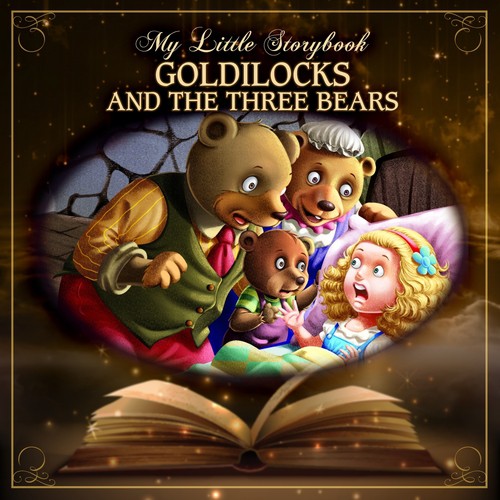 Alexander Sergeevich recalled how the composition was being worked on:
Alexander Sergeevich recalled how the composition was being worked on:
I recorded five versions on tape and sent him to Alushta, where the shooting was going on. With a note: “Melody No. 3 is what we need, it’s better if I don’t write anything. If you don't like it, invite Arno Babajanyan." Gaidai replied: “Yes, not bad, but I’ll probably invite Babajanyan…”
Zatsepin had to leave, but it turned out to be not so easy:
At Mosfilm, I wrote a statement that I was leaving the picture. Pyryev did not sign it. Gaidai was dissatisfied: “Pyryev is not a decree for me!”
In addition, he found other defenders, under the pressure of which the director had to agree:
The actors liked the melody - Nikulin, Vitsin, Morgunov. And Leonid Iovich gave up.
Not everything went smoothly with the text "Songs about Bears". Derbenev wrote the words. It seemed to Gaidai discordant “bears rubbed their backs”, and the line was corrected. In addition, Leonid Ivovich did not like the theme of the song. Polar bears and frost seemed inappropriate to him in a comedy film about a summer vacation in the Caucasus. However, he accepted the composition.
In addition, Leonid Ivovich did not like the theme of the song. Polar bears and frost seemed inappropriate to him in a comedy film about a summer vacation in the Caucasus. However, he accepted the composition.
Aida Vedischeva was invited to the role of the performer. Alexander Zatsepin explained the choice:
She was somehow recorded on the radio then, I liked her.
Ekho Moskvy
Even before the release of "Prisoner of the Caucasus" on the screens, Zatsepin took the track to the radio, and soon the whole country sang "The Song of the Bears".
Clip "A song about bears"
Let's watch online a music video from the film "Prisoner of the Caucasus" in which the heroine of Natalia Varley sings "A song about bears" in the voice of Aida Vedischeva.
Cover versions
The composition is often performed by participants of various TV shows. This is how Natalya Varley and Victoria Daineko sang "The Song of the Bears".
Further version of "Songs about bears" Alsou.
Alena Sviridova also sang "The Song of the Bears".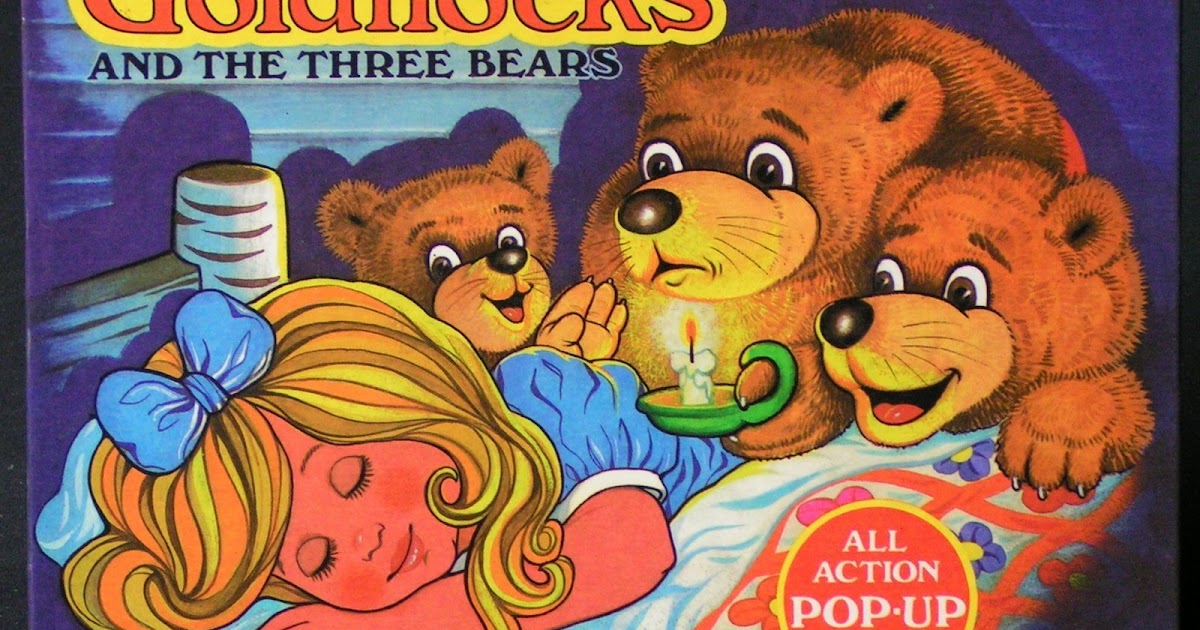
Text “Songs about bears” (“Prisoner of the Caucasus”)
Somewhere in the world,
Where there is always frost,
Bears rub their backs
On the earth's axis.
Centuries are floating by,
Sleeping under the ice of the sea,
Bears are rubbing against the axis,
The Earth is spinning.
La-la-la-la-la-la-la,
The Earth spins faster.
They are twisting, trying,
They are turning the earth's axis,
So that the lovers earlier
We had to meet,
So that one morning,
A year or two earlier,
Someone said to someone
The main words.
La-la-la-la-la-la-la,
The Earth spins faster.
La-la-la-la-la-la-la,
The Earth spins faster.
Following the spring shower
Dawn will come earlier,
And for two happy ones
Many, many years
Lightning will sparkle,
Streams will ring,
Fog will swirl,
White as a bear.
Somewhere in the world,
Where it's always cold,
Bears rub their backs
On the earth's axis.
Centuries are floating by,
Sleeping under the ice of the sea,
Bears are rubbing against the axis,
The Earth is spinning.
Bear Song Chords
Em
Am Dm
Somewhere in the world,
E Am
Where it's always cold
Dm
Bears rub their backs
G7 C
On the earth's axis.
Dm C
Centuries are floating by, sleeping under the ice of the sea,
Am Dm6 E7 Am
Bears are rubbing against the axis, the earth is spinning.
Chorus:
A7 Dm
La-la-la-la-la-la-la
E7 Am
The earth spins faster.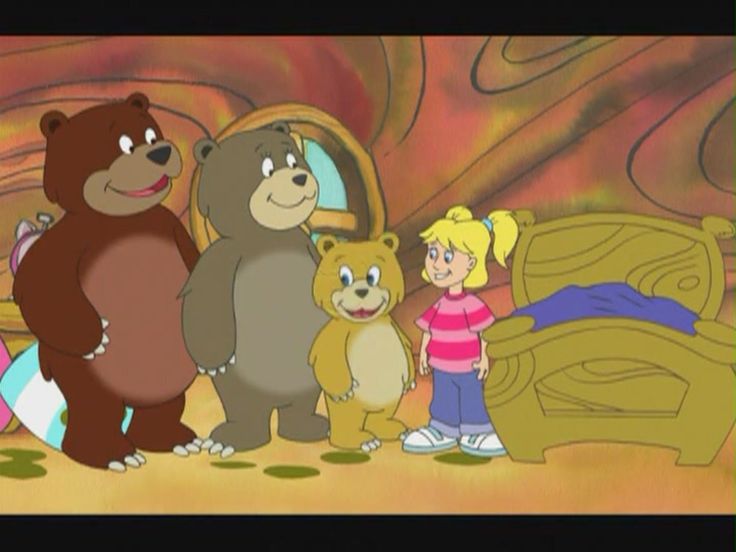

 No-one was there
No-one was there It’s not there!”
It’s not there!”
